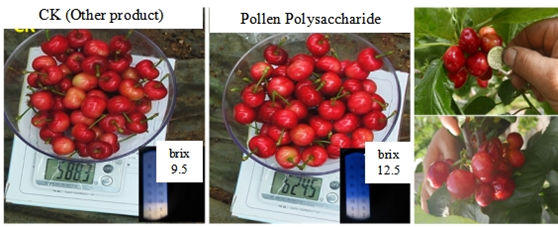Industry Insights: Making the Merger Work in Agribusiness

We reached out to CS Liew, Managing Director of Singapore-based Pacific Agriscience, a veteran of the industry and member of the Agribusiness Global Advisory Board, to get his perspective on a spate of mega mergers that happened five years ago and the effects on the current industry.
In a three-part series, Liew, who has consulted on several mergers and acquisitions over the years, shares his insights on what makes a merger work and finally what to expect for the biological market.
In the first set of videos, Liew discussed the recent past and near future mergers and acquisitions. In part 2, we look at evaluating the success of those activities.
ABG: Why might a company with an attractive portfolio be rejected for acquisition?
CSL: Excessive or unrealistic company valuation by the owners, valuation based on strong financial projections and yet not willing to accept a portion of the payment as an earn-out and a high-debt level relative to earnings are some key reasons that deals do not move forward.
ABG: How long does it take before a proper assessment of a particular merger/acquisition can be evaluated?
CSL: M&A projects up to $100 million deal size could take anywhere from 8 months to a couple of years to close, from the time of the first meeting between the two parties. If the two companies have the same corporate and business cultures, say both are farmer cooperatives, it would take as little as over half a year to close. Those deals involving manufacturing sites and complex ownership structures could take up to two years.
ABG: How important is it to get outside/independent opinions on the value of a merger or acquisition?
CSL: Typically, major buyers have their own financial and commercial team members in-house to make assessments on valuation, and they may have already made several acquisitions before. So, for such companies, there is little need for outsiders to help make valuation assessments. Smaller companies, either the buyer or seller, could rely on agchem industry experienced consultants or deal makers to provide a reasonable assessment and advice. Sellers with strong emotional attachments to the business as well as having no idea on basic valuation methods are in need of external advice and education the most.
Personally, I have experienced a situation where I asked a business owner for his expectation on the value of his company. When he said $200 million, I immediately asked if he actually meant $20 million. This is because I already had an idea of the company, business environment and profitability in the country that this company was operating in.







